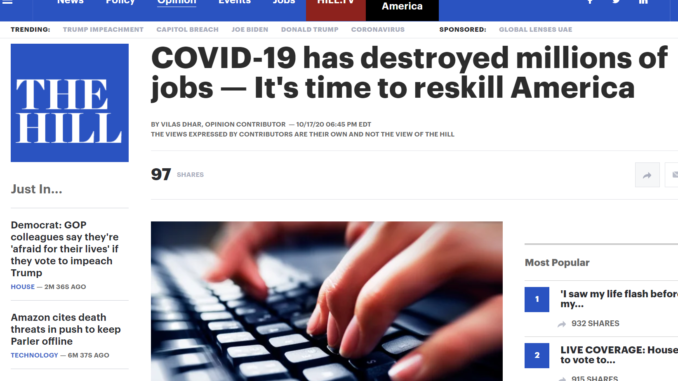
Opening Insights: Rebuilding
A great nation is like a great man:
When he makes a mistake, he realizes it.
Having realized it, he admits it.
Having admitted it, he corrects it.
He considers those who point out his faults
as his most benevolent teachers.
He thinks of his enemy as the shadow that he himself casts.”
LAO TZU, Tao Te Ching
The following article was published by The Hill, a Washington, D.C. based news website focused on politics, policy, business and international relations. It was written by, Vilas Dhar, opinion contributor for The Hill.
Informational Insights: Reskilled & Re-Employed
Beyond the initial shock of mass unemployment, a growing hunger crisis, and widespread disruption of our routines, COVID-19 has begun to transform the business and employment landscape at a deeper level. It essentially hit the fast-forward button on pre-existing trends toward automation, robotization, and artificial intelligence (AI) as companies race to replace now-risky human contact with digital capabilities and services which endanger jobs in warehousing, manufacturing, and retail.
Other large-employment industries like travel and tourism that could absorb these losses will likely struggle to survive for years to come. Our recovery hinges on getting tens of millions of unemployed workers reskilled and back into jobs — and educating our children to be future-ready.
We learned from the last crisis that education is key to a robust economic recovery. Following the 2008 recession, 11.5 million of the 11.6 million jobs created went to people with at least some college education, and 73 percent to those with a bachelor’s degree or higher. While college graduates made employment gains by 2018, many workers without a college degree were left behind, with an employment rate 2 percent lower than 2007 levels.
Those trends will only be intensified by the nature of our current crisis. Education in specific, growing technology fields like data science, AI, digital marketing, and information security can help individuals and communities pave a recovery. It’s also crucial to America’s continued competitiveness as a technology leader. While we’re known as a hub of tech innovation, the U.S. does not rank in the top ten of business, data, or technology skills — and our technology skills are not equitably and widely distributed among our population.
Emphasizing technology education is time-tested. Every G-20 country has some version of a STEM strategy, aimed at increasing the number of high-skilled graduates from higher-education institutions in these fields.
Previously, the Obama administration announced a range of programs aimed at boosting computer science education in schools, increasing the number of teachers, and broadening participation in the field from women and minorities. In 2019, President Trump signed into law the Building Blocks of STEM Act, to introduce more children, especially girls, to science.
These initiatives are especially important now. However, we must also urgently prioritize targeted, deeper education in certain types of technologies and skills, like AI and its applications, machine learning, information security, data science, and tech and data literacy. We imagine that this work might happen within three foundational pillars:
Expand data science and technology literacy programs: Historically, early in its development, data science programs were considered niche offerings, appealing to a small number of technology and math enthusiasts. Today, the field’s breadth means it is now accessible, relevant, and exciting to a much wider range of students and broader set of vocations. Data science and data analysis are sought after skills across industries, and across sectors.
Attracting more women and underrepresented minorities into these programs should be a top priority given the wealth of opportunities available to graduates and the dangerous effects a lack of diversity has on algorithm design and technology development.
Flexible, focused skill-specific programs: We must rapidly expand technology skill development beyond traditional K-12 and university degree settings and tap the under-leveraged opportunity of strengthening community, technical, and vocational colleges’ offerings. Many highly relevant and valuable technology skills can be developed with two years of focused education, including basic coding, data analysis, cloud management and information security. Community college leaders around the country are increasingly collaborating to build and scale these programs and resources.
Education outside of traditional learning institutions also has untapped potential, but it is often ignored under existing policies. Galvanize, for example, offers immersive award-winning programs in data science and software engineering that students can complete in 12 weeks. Google is building upon its IT professional training certificate success and partnering with Coursera to release six-month training and certification programs for data analytics, project management, and user design.
With the urgent need to help people find good jobs as part of a sustained recovery, the return on investment on theses short programs is rapid and high for both students and society.
Integration across other educational disciplines: Technology and data is transforming nearly every profession from medicine to equipment repair. We must stop treating data science as a self-contained field of study and integrate it as an important contextual factor underlying everything we do. Understanding emerging technology’s implications on our wellbeing, decision making, behavior, and prospects is increasingly central to all careers. Education policy needs to support the creation and integration of relevant technology and data literacy content across a wide range of programs and disciplines.
COVID-19 has created deep challenges to our workforce, but also a drive to build back better with a workforce that is prepared for the digital age. The United States is a global technology powerhouse — for now. Developing critical new skillsets throughout our country — across ages, jobs, career stages, and economic levels – is entirely possible with enough foresight and political will.
Vilas Dhar is President of the Patrick J. McGovern Foundation, a philanthropy advancing artificial intelligence (AI) and data solutions to create a thriving, equitable, and sustainable future for all.
This article originally appeared in THE HILL: COVID-19 has destroyed millions of jobs — It's time to reskill America
Possibilities for Consideration: Tools for Success
To stand against the immense power behind the technology, internet and financial organizations in charge of our government and education institutions we must get smarter and do it together.
A select group of top Microsoft data scientists have developed a comprehensive preemployment program to arm patriots with new entrepreneurial tools in order to more effectively utilize the online world and become a key element in the reconstruction of the commerce that has been lost due to the engineered COVID-19 panic/lockdown.
AwareComm® offers a platform that provides the resources and the guidance to meet this challenge.
It’s not just that we need a solution, in this new environment nobody will trust, everybody is angry, nobody listens, commerce stops, efficiency diminishes, nobody cares.
Our culture consists of perception, attitude, thinking and behavior and we have created a culture now rooted in distrust, fear and anger.
The following models illustrate the psychology of fear and control
being used to force America to its knees.
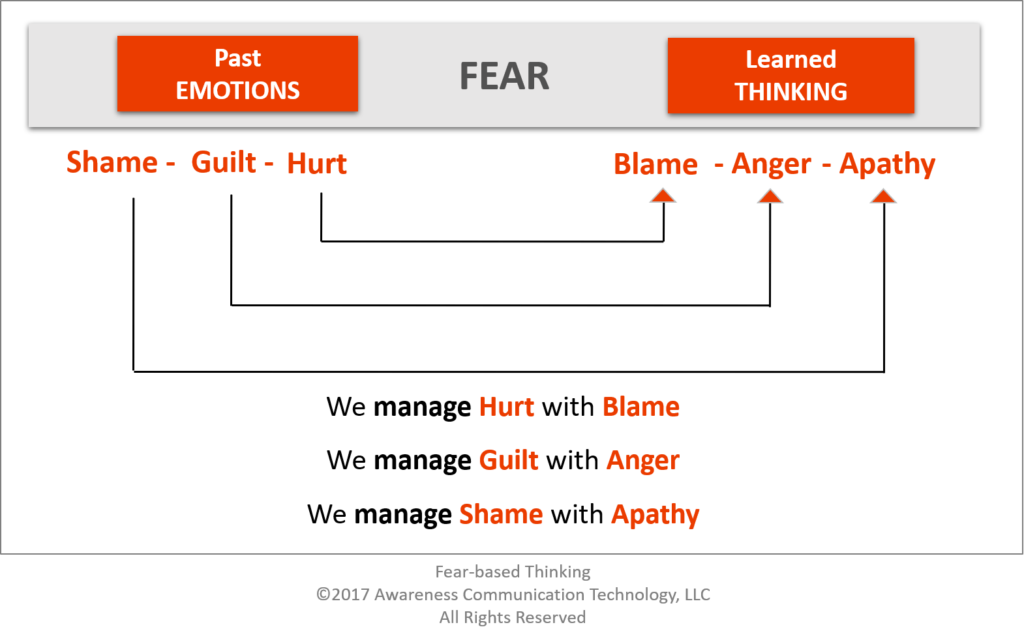
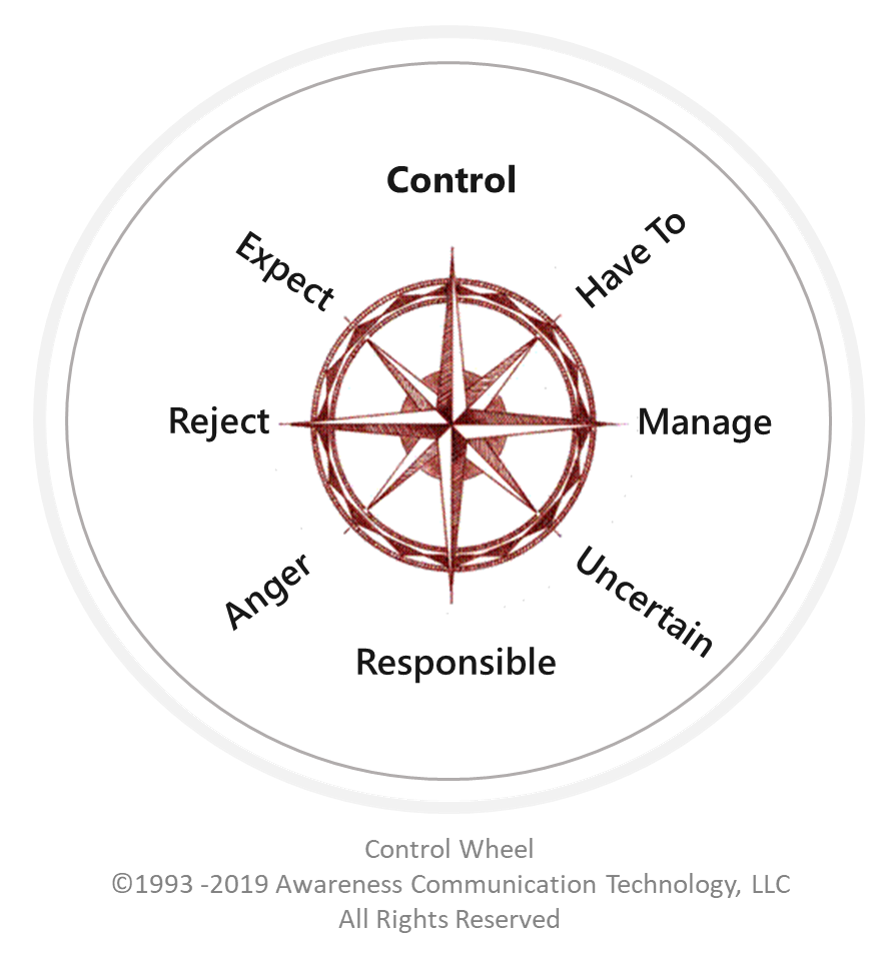
Whatever we do, however we do it, this becomes the basis for how we will build relationships at home, work, worship and play. These models will permeate all dimensions of our lives and must be reversed if our communities and our country are to survive.
The Real Solution: Founded in Spiritual Principles
A real solution, fully developed (tested, proven and paid for), is found in AwareComm's proprietary Adaptive Intelligence (AdI™) algorithm.
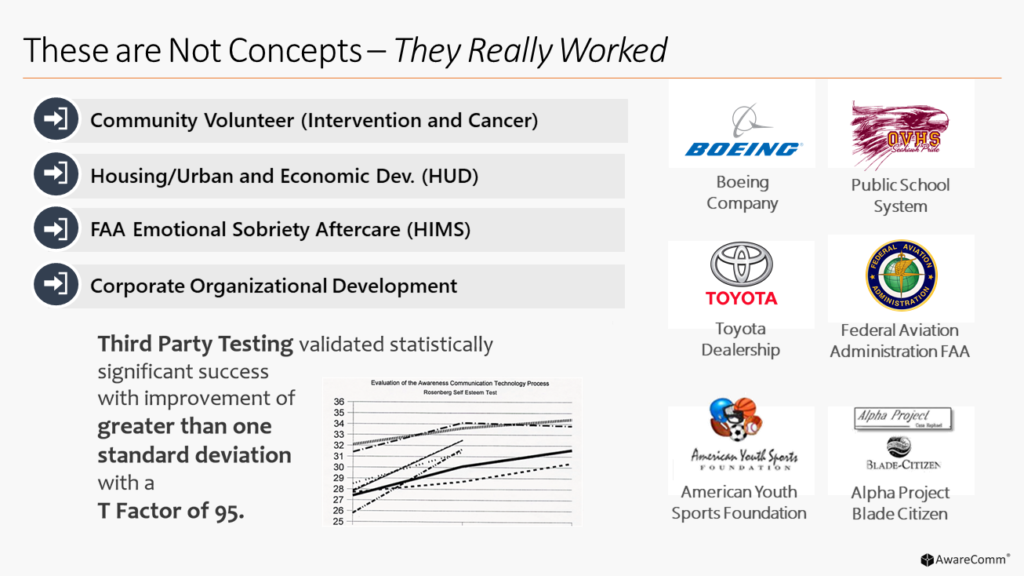
The AdI™ algorithm aligns with the intent of Pope Francis's call for a 'Good Algorithm,' to reverse the damage done by the irresponsible use of technology.
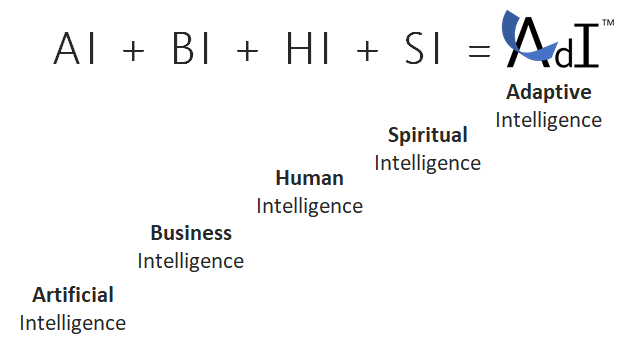
Rebuilding Community Commerce - - Rebuilding the Soul of a Community
AwareComm's AdI™ algorithm is available in a community Collaboration Laboratory (Co-Lab™) Research and ePublishing Institute, where people learn to take charge of their communities by transcending adversity to diversity and solidarity through the application of responsible commerce. Success is assured by applying the principles of Adaptive Intelligence to entrepreneurial thinking using socially responsible capitalism.
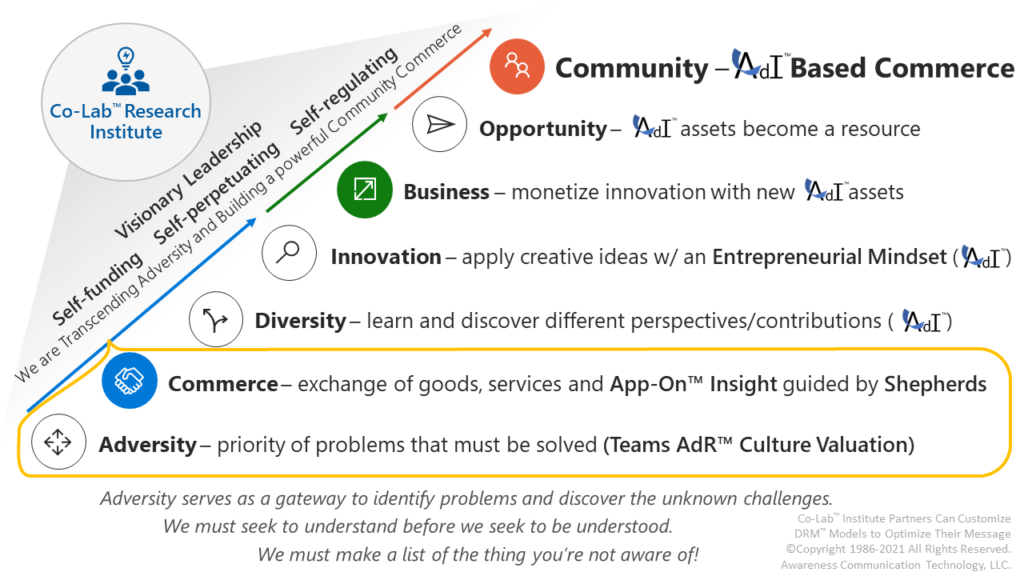
What comes from an established foundation of commerce rooted in spiritual principles and AdI™ is a new business model. This business model, for the application of Socially Responsible Capitalism, is our theme and driving inspiration.
A Co-Lab™ is the implementation mechanism of the result of 30+ years of field research.
Co-Labs™ create an environment conducive to learning, solidarity and change (old ideas are more quickly learned and new ideas are more quickly accepted and implemented).
Our Next Step
The AwareComm® Team is attracting partners in order to awaken in the people a desire for peace and solidarity as a way to fulfill their personal needs.
Through a careful blend of AI + BI + HI + SI the Co-Lab™ Research Institute has the correct balance of technology, methodology, human understanding, spiritual principles and data science to put us on the right track to individual social and cultural empowerment.
Due Diligence classes offer a deeper dive into the Co-Lab™ Research and ePublishing Institute to determine if this philosophy is effective for your community. You will learn:
- The logical power of the AI + BI + HI + SI = AdI™ algorithm for communication and learning
- The communication power of Co-Lab™ Research and ePublishing Institute to provide secure:
- self-funding
- self-perpetuating
- self-regulating networks
- The commerce power of Socially Responsible Capitalism, blending nonprofit and commercial applications
- The application of Social Partnerships, bringing ethical business principles to overcome social challenges
- The joy, satisfaction and pride of taking a role in returning our world to a state of freedom and opportunity - being proud to be a patriot
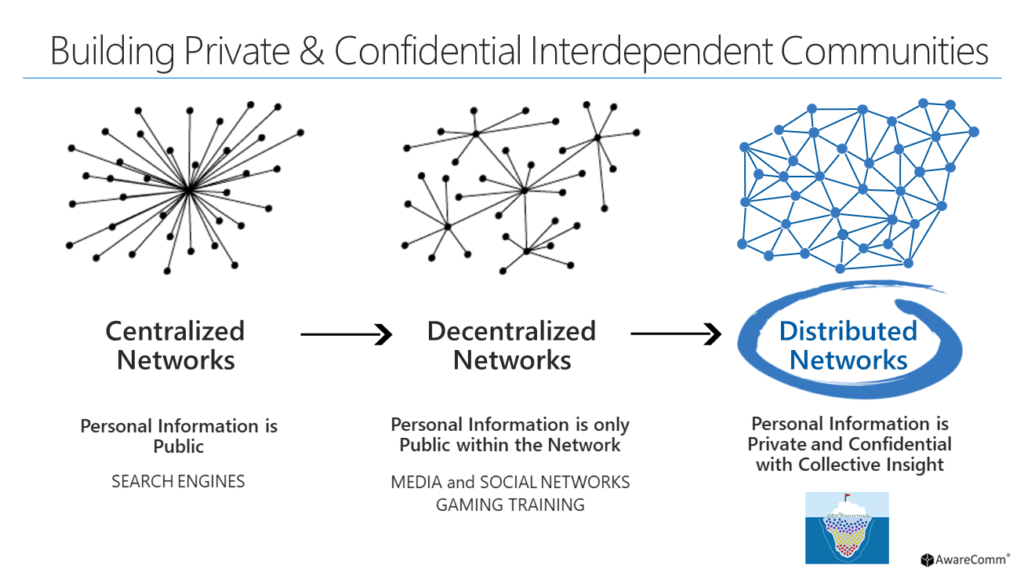
Inviting Potential Partners
For more information
and to receive your invitation to a Due Diligence class
email: SOS@AwareComm.com
